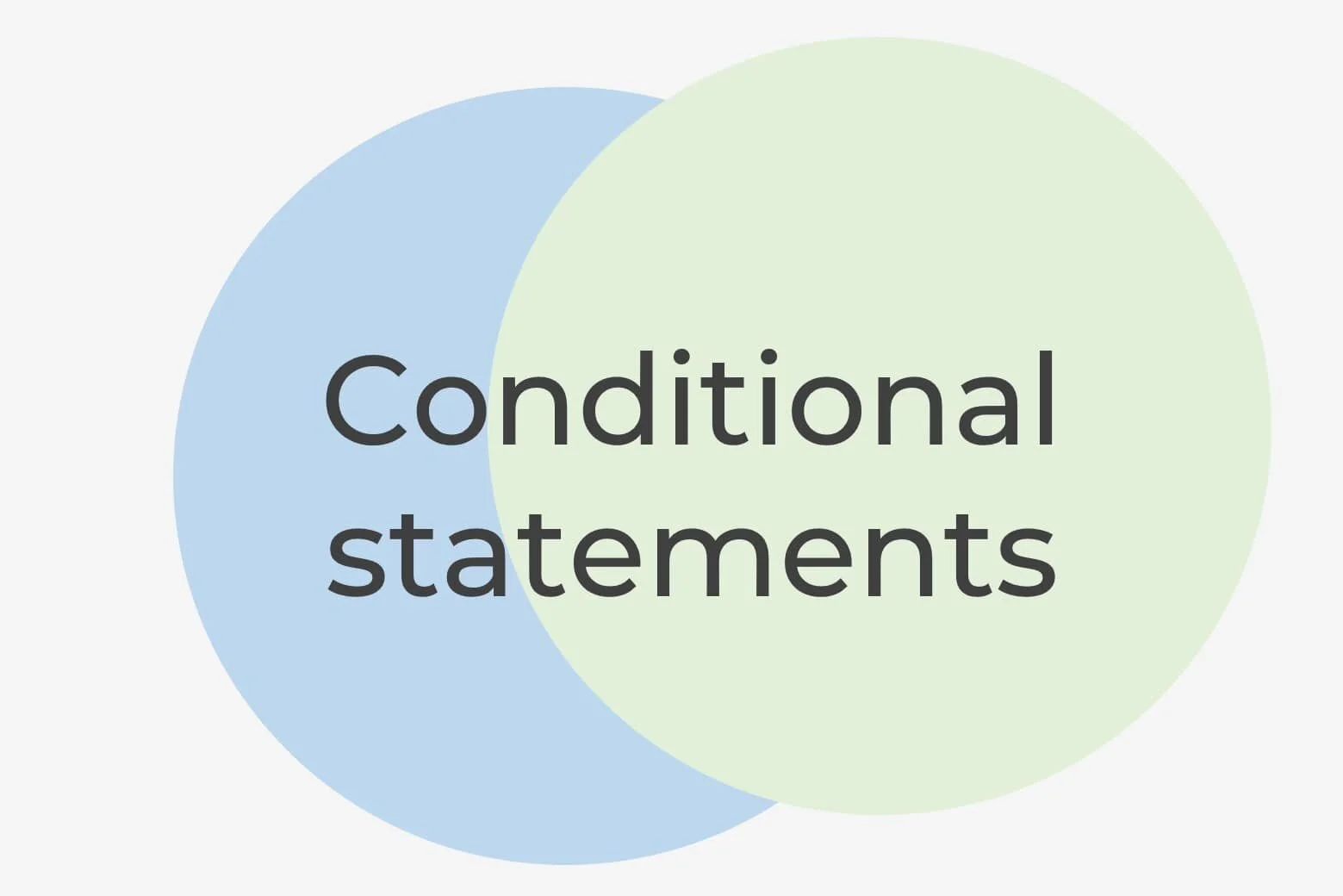It can be hard to develop your speaking skills. Here are some tips to help English learners work on their English speaking skills independently - improving their pronunciation and confidence.
Read MoreThere are many different reading techniques, and you’ll find some are more useful in certain situations than others. When you’re under time pressure, scanning a text for specific information is much better approach than reading through it word-by-word. Learn how you can develop this skill with our online courses.
Read MoreIf English is not your first language, it can be difficult to interpret visuals (such as graphs) and share your findings. But doing so is an important part of academic or working life. It will help you understand information quickly and effectively - and will also help you share information with others.
Read MoreConditional statements can be intimidating for English learners. But if you know how to use them correctly they can help you communicate more fluently and effectively in English. This post covers the three types of conditional statements, and shows you where you can find useful resources to keep learning.
Read MoreIdioms are common phrases or expressions that have non-literal meanings attached to them. Normally, these meanings are difficult to guess from the individual words. They can be frustrating for English learners at first, but they are a great tool if you want to communicate fluently and creatively.
Read MoreDo you know how to describe quantities of nouns using words like some, any, much and many? Nouns can be either countable or uncountable, you need to know which in order to use the word correctly in a sentence.
Read More





